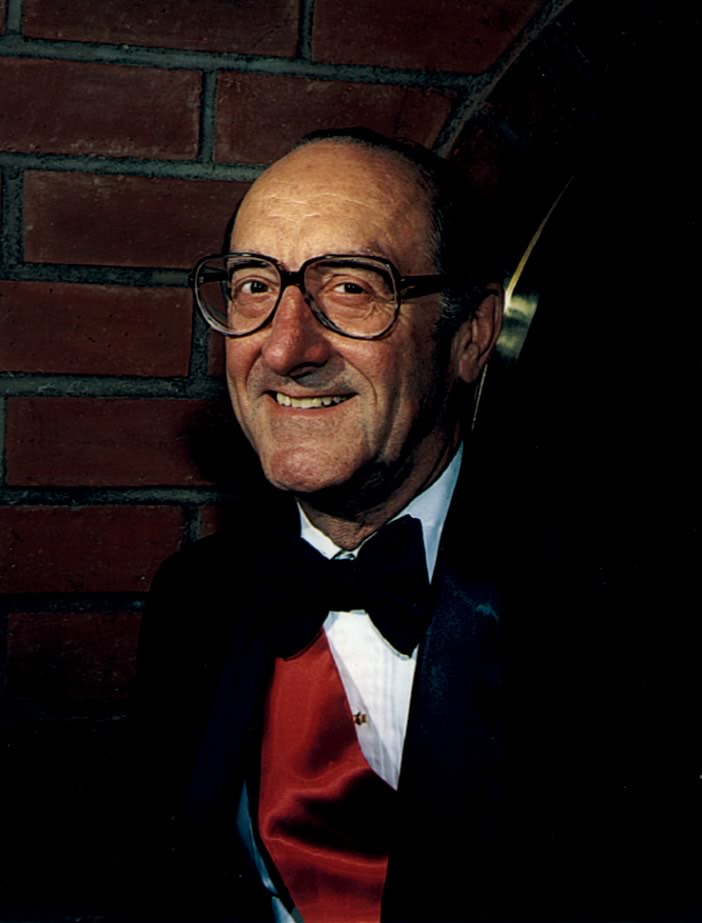
“We choose to go to the moon in this decade and do the other things,” President John F. Kennedy said in 1962, “not because they are easy, but because they are hard.” No wonder, then, that a Miner played a major role in doing the hard work of ensuring a moon landing before the end of the ’60s. As an administrator in NASA’s Office of Manned Space Flight from 1963-1969, George Mueller, a 1939 electrical engineering graduate, was responsible for overseeing the completion of Project Apollo. That task involved what the space agency calls “a remarkable series of management challenges … during a time when strong leadership and direction were critical to achieving success on a set of extraordinary goals.” Mueller established what came to be called the “all up” philosophy of rocket and spacecraft testing – an approach that dramatically reduced the number of tests it would take for a manned moon landing. Mueller’s philosophy made the Apollo 11 moon landing mission possible.
Share This Story
Spark a Memory?
Share your story! Fill out the form below to share your fondest memory or anecdote of S&T. If you'd prefer not typing, you can also share by phone at 833-646-3715 (833-Miner150).
Chase Barnes and Auburn Meister
Chase Barnes met Auburn Meister during Opening Week in August 2015 at his fraternity, Sigma Phi Epsilon. “We kept hanging…
Abby (LaPreze) and Jeremy Morris
When Abby (LaPreze) and Jeremy Morris first met as members of the 2007 Chancellor’s Leadership Academy (CLA), they didn’t realize…
Ashley (Koesterer) and Michael Pickler
Ashley (Koesterer) and Michael Pickler met in an English class at S&T in 2012 and started walking together after class….
Making the perfect snacks
Frito-Lay’s Topeka, Kansas, plant operates 24 hours a day, so while most of us are sleeping, Catherine Swift, a 2010…
Bringing it all together
Before retiring, civil engineering graduate John Mathes headed his own multidisciplinary engineering business that specialized in high-profile contamination projects. In…
Lynnae (Kempf) and Joe Wilson
Lynnae (Kempf) and Joe Wilson met and became friends during their first week on campus as freshmen. “I was on…